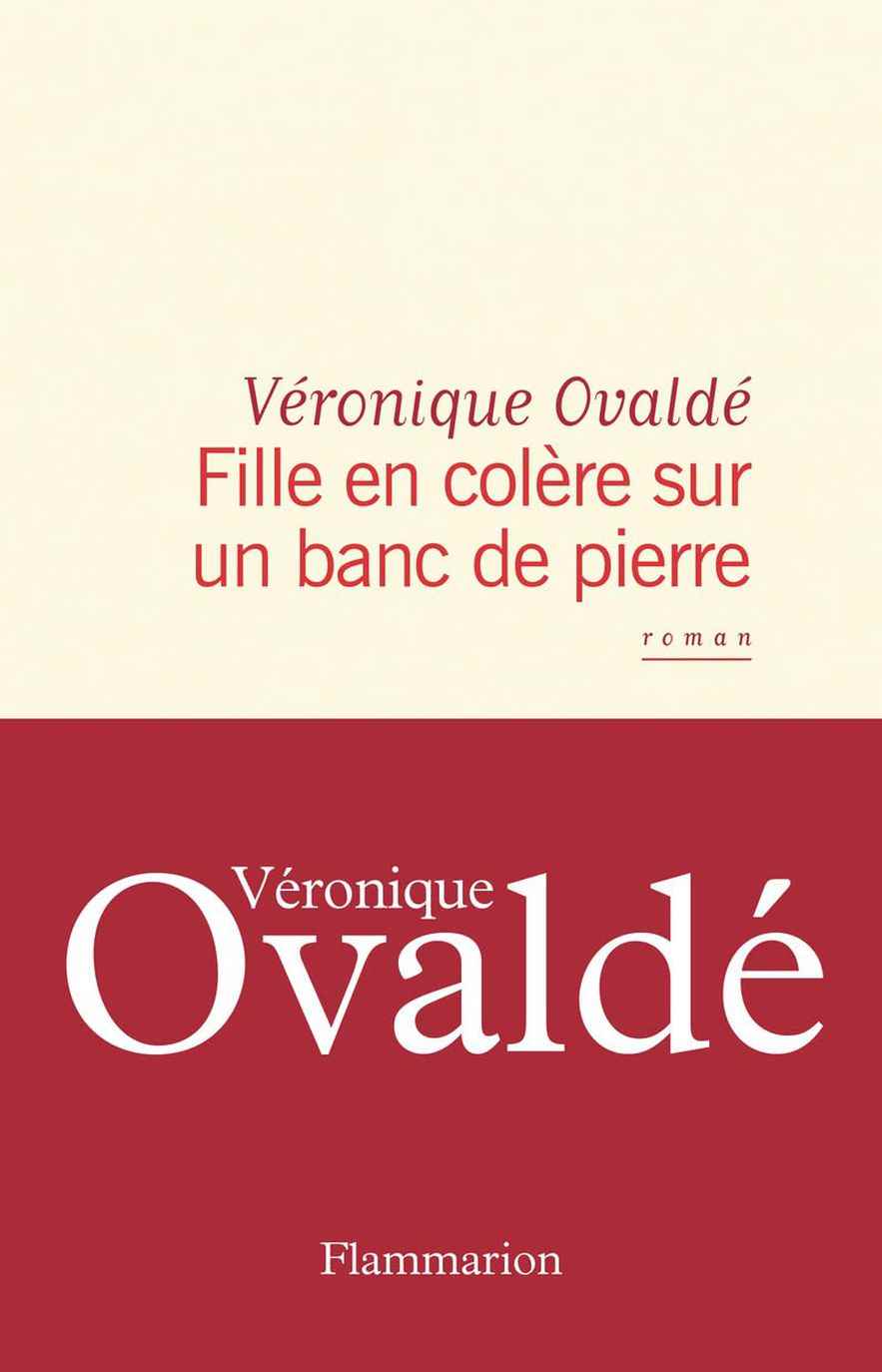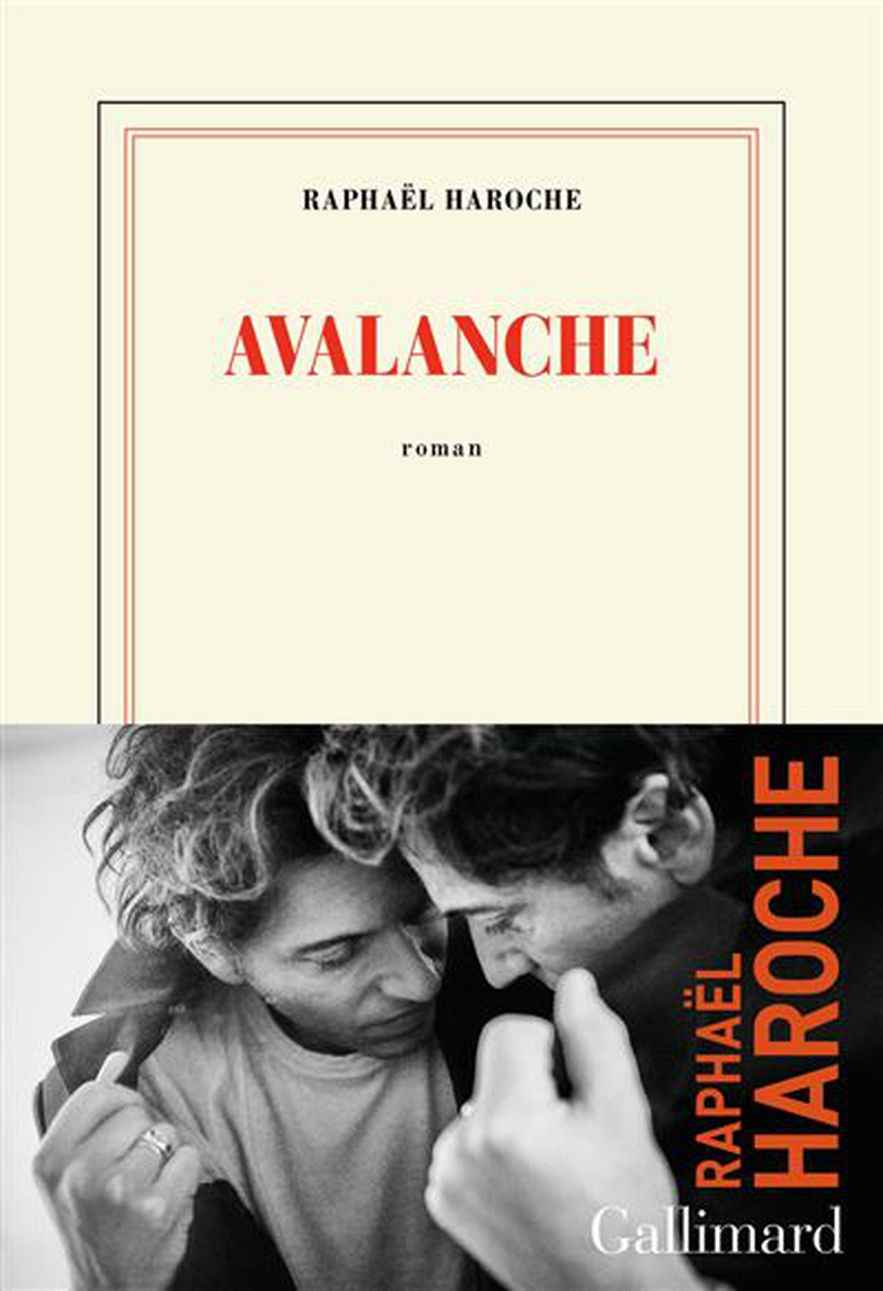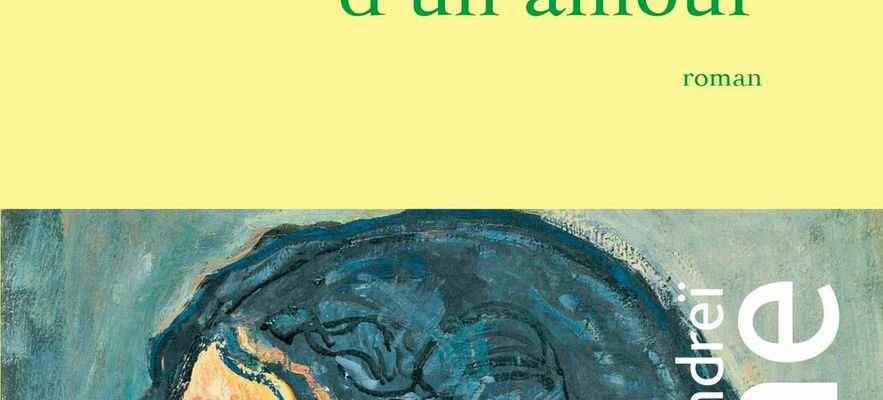The Old Calendar of a Love
By Andrei Makine.
Grasset, 198 pages, €19.50.
The rating of L’Express: 3/5 (in bookstores on January 11)
If Andreï Makine abandons the Siberia of his childhood, the splendid scene of his two previous novels, The Armenian Friend and The Archipelago of another life, the French academician does not leave his native country. It is in the Crimea, at the Alizée, a sumptuous summer residence on the shores of the Black Sea, that he begins his Russian epic, by turns idyllic and bloody, by slipping into the skin of the young Valdas. At the age of 15, in August 1913, this son of a “democratic lawyer” from Saint Petersburg, remarried to the beautiful Léra, thirty years his junior, discovered at the same time the first emotions of the body with Taïa, the pretty smuggler, and the world below, “the lowlands” as he calls them. While the Alizée lives to the rhythm of the vaudeville sketches staged by Léra, surrounded by her “cautiously rebellious” guest artists. The war and then the revolution soon put an end to this small Chekhovian world.
Carried away by nationalist fever, Valdas joined the school for cadets, who were sent to the front in the fall of 1916 to transport the corpses before facing the Reds two years later. Something to transform a man… Wounded, trying to reach the Black Sea port in order to escape the bloodshed, Valdas falls back under the protective wing of Taïa. These few weeks of love and the vision of the fields of ears will pursue him throughout his life in exile in France. Where the ungrateful daily life of the taxi driver awaits him, the passing adventures with so many white Russians, the Resistance without conviction… Nostalgia for adolescence, hatred of war, metaphysical questioning, Slavic melancholy… the invariant Makinians rock this story with a gentle wave to the soul. Marianne Payot
The Old Calendar of a Love By Andreï Makine.
© / Grasset
Angry girl on a stone bench
By Veronique Ovalde.
Flammarion, 320 pages, €21.
The rating of L’Express: 4/5 (in bookstores on January 4)
Véronique Ovaldé has a traveling soul: the imaginary island of Vatapuna, “condensed Latin American imagery”, with What I Know About Vera Candida (Price of the Readers of She), California and Canada with The Grace of the BrigandsSpain with Be reckless children… From fiction to story, the 50-year-old novelist and publisher takes us into the open air, far from the closed doors of Germanopratin, and it does a world of good. But if she changes countries at will, the fifty-year-old brunette does not vary from obsessions – stories of disjointed families, powerful women or under control, unavowable secrets, late revenge -, and handles with always as much mastery his magic pen. So Angry girl on a stone benchimmersed in ample swaying and mischievous phrases in an Italian sororie.
The starting point is “classic”: a father is dying on his Mediterranean island, Aïda, the youngest, has gone to live on the mainland, in Palermo, returns after fifteen years of absence to attend the funeral of the “Old” ( also christened, in secret, “His Lordship”). Don’t think that music softens morals, Salvatore Salvatore was just as sullen and angry as he was passionate about opera. No hypocritical tears, therefore, but a lot of apprehension during this reunion, because the shadow of little Mimi still runs – at the age of 6, the last of the four Salvatore girls evaporated one evening of carnival , Aïda, her guardian angel two years her senior, being very quickly found responsible. What happened on the famous evening of the drama? We will have to wait for the very end of this bewitching novel, a hymn to the imagination and a fine character study, to find out. And that’s good. Marianne Payot

Angry Girl on a Stone Bench By Véronique Ovaldé.
© / flammarion
Avalanche
By Raphael Haroche.
Gallimard, 224 pages, €18.50.
The rating of L’Express: 4/5 (in bookstores on January 12)
This could be yet another teenage story. Everything is there, concentrated in the closed doors of a posh boarding school – a small “Republic of cruel children” – where the narrator Léonard and his young brother land: the obsessive and sticky sexuality, the need to find similar people and the certainty of being alone, the nostalgia and disgust of the cocoon of childhood, the disgusted and furious discovery of brutality, of the adult universe, of the horrors of history. With Avalanche, Raphaël Haroche sketches, with a pen as crude as it is poetic, the contours of a territory with universal asperities, here swallowed up by a despair that goes far beyond the excesses of adolescence. Because Leonardo seems to have inherited from his mother, sick with bouts of “melancholy” – with which the author and singer himself seems familiar – an ageless lucidity on the back of all the decorations. These areas of shadows and violence that ordinary mortals try not to see.
While childhood is dying, the glaciers melt inexorably, unhinged brutes torture the weakest for pleasure, the hasty trial of the Ceausescu couple takes on the appearance of a nightmare and the parental ghosts are definitely of no help. Faced with this flood of pain so soberly and intensely described, we just try, like the hero, to catch our breath. Failing to see the light. Perhaps that of the fierce and heartbreaking love that unites the two brothers. After two collections of very successful short stories, Raphaël Haroche signs a vertiginous first novel which is difficult to get rid of. Time to forget that “the world is built on crimes, so many that no one can ever fix them, all there is to do is slide on its surface”. Pauline Leduc

Avalanche, by Raphaël Haroche
© / Gallimard
